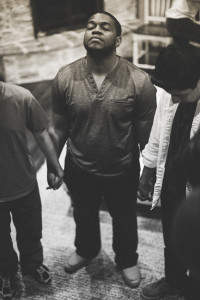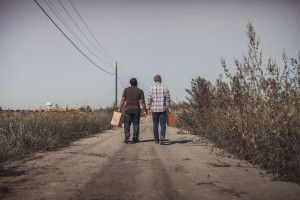 The Lord said to Samuel, “Obey their voice and make them a king.” 1 Samuel 8:22
The Lord said to Samuel, “Obey their voice and make them a king.” 1 Samuel 8:22
Make no mistake, the people’s desire for a king was a rejection of God’s leadership, and yet God told Samuel to obey their voice. God did not acquiesce because having a sinful earthly king was a brilliant idea; it was not! God, allowed Samuel to obey their voice because providentially it would lead to great sorrow and ultimately a longing for a purely noble and righteous king. He said “yes” to their request because it would point to their desperate need for an infinitely better king that would be fulfilled in Jesus.
Sometimes when God says “yes” to our persistent requests, he does so only so he can show us what (or who) we really need, it’s just that sometimes we have to see it through great sorrow that leads to longing. (Kind of like the Prodigal Son.)






